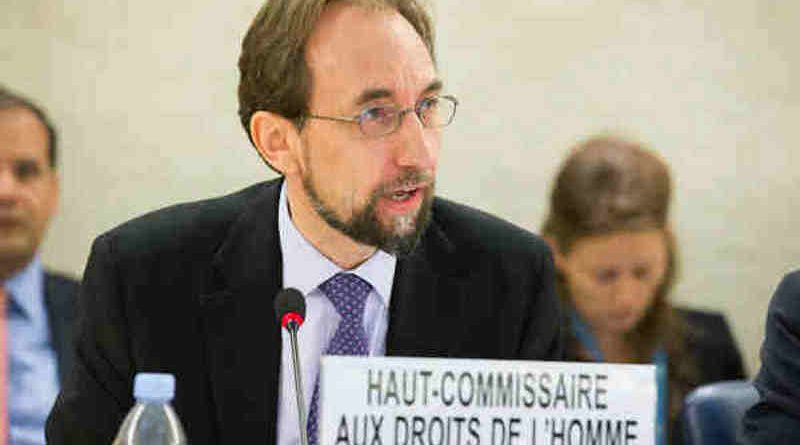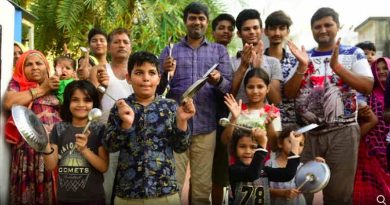Rampant Human Rights Violations in India: UN Human Rights Chief

The UN High Commissioner for Human Rights Zeid Ra’ad Al Hussein has voiced his concerns about the increasing human rights violations in India.
Zeid said Wednesday (7 March 2018) that he is increasingly disturbed by discrimination and violence directed at minorities, including Dalits and other scheduled castes, and religious minorities such as Muslims in India.
“In some cases this injustice appears actively endorsed by local or religious officials. I am concerned that criticism of government policies is frequently met by claims that it constitutes sedition or a threat to national security,” Zeid stated as part of his global update of human rights concerns for the 37th session of the Human Rights Council.
[ Human Rights Abuses Increasing in Modi’s India: Report ]
Zeid further said that he is deeply concerned by efforts to limit critical voices through the cancellation or suspension of registration of thousands of non-governmental organizations (NGOs), including groups advocating for human rights and even public health groups in India.
Zeid also expressed his concerns about the increasing human rights violations in Kashmir and said that he will release an exclusive report on Kashmir, which is a disputed territory between India and Pakistan.
[ Stop Human Rights Abuses in Kashmir: Rights Groups ]
“With respect to Kashmir, on both sides of the Line of Control, regrettably unconditional access continues to be refused to my Office, and I will report on this issue at greater length in June,” Zeid said.
In Human Rights Council’s 36th session in September last year, Zeid had said that the human rights situation in India is darker and dangerous.
“I am also dismayed by a broader rise of intolerance towards religious and other minorities in India. The current wave of violent, and often lethal, mob attacks against people under the pretext of protecting the lives of cows is alarming,” Zeid said.
[ Modi’s Nationalism Is Threat to Press Freedom in India: Global Report ]
He added that people who speak out for fundamental human rights in India are also threatened. Gauri Lankesh, a journalist who tirelessly addressed the corrosive effect of sectarianism and hatred, was assassinated.
“I have been heartened by the subsequent marches calling for protection of the right to freedom of expression, and by demonstrations in 12 (Indian) cities to protest the lynchings,” said the Human Rights chief.





